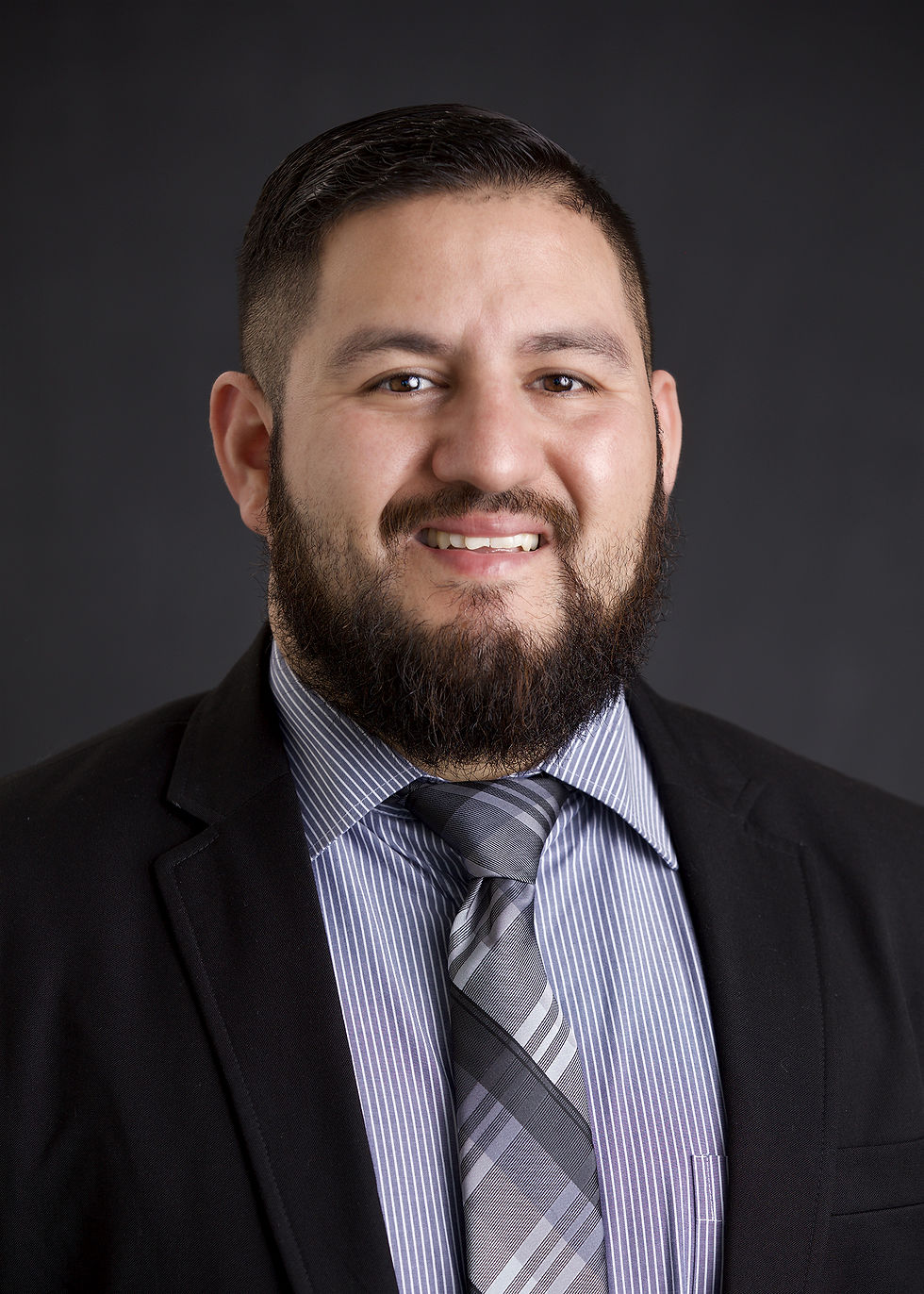
If you would have asked Jonathan Pérez what he would write his future dissertation on as a teen growing up in Fort Worth's Diamond Hill community, he would have told you that you were confused...
Today, Jonathan is considered one of the foremost voices in the US among young Chicano leadership and was named one of Fort Worth Business Press's "40 under 40" in 2020. Jonathan is frequently adding publications in academic journals to his CV, and is never afraid to speak his truth.
Dr. Pérez is proud of his heritage as the son of immigrants from Guatemala and Mexico and regards his faith as the source of the behaviors that set his trajectory on this current path.
Let's ask Jonathan some Questions!
What made you get into this line of work?
I have been doing this work well before it became popular. In 2006, I began to work at the Tarrant County Juvenile Center and the Boys & Girls Club Com’n UP program, a program designed to help gang-involved youth. Working at these places, I quickly recognized how Black and Brown youth were the majority within the juvenile justice center. At the Com’n UP program, I would often hear stories from the youth on how badly they were treated by their teachers and police officers. This work has led me to become a strong advocate for the Black and Brown communities.
In your opinion, what is a common practice that you'd like to see more companies institute?
I would like to see more companies prepare, develop, and retain employees of color. Often, there few employees of color in senior leadership roles and this is a problem, especially as the Black and Brown communities are the future.
How do you like to spend your spare time?
I enjoy spending time and traveling with my wife Geneva and our kids Abigail and Jacob.
What is your professional background?
I have worked in non-profit, higher education, and the K-12 school system. In these roles, I either led or was a part of a team that identified and addressed racial inequities in their respective organization. In addition, I hold a doctorate degree in Organizational Leadership, a Master’s in Education, both from Abilene Christian University, and a bachelor’s degree from the University of North, Texas.
Where can we see you in the community?
You can find me at the local taco shop, cruising in the neighborhood, or participating in community events around the city.
What are you reading right now?
I am currently reading the National bestseller, New Power; How Anyone Can Persuade, Mobilize, and Succeed in Our Chaotic. Connected Age by Jeremy Heimans and Henry Timms.
As an expert in Chicano Leadership, what advice do you have for organizational leaders seeking to empower those working within their systems?
Chicano leaders have the will, skill, and knowledge to be change agents that disrupt racism and white supremacy in organizations. Current leaders have a choice to make; either uphold or dismantle white supremacy. Chicanos have been invisible in the equity movement. The largest ethnic group in this country continues to be overlooked and underappreciated. Digging deeper, Mexican, Chicanos, and Mexican Americans are the largest group under the ‘Latino’ umbrella and have, and still do, experience racism in multiple forms that go beyond skin color. These experiences include language, ancestry, immigration status, Juan Crow, surnames, gender, class, and so on. Four borders impact our people: the political border, the racial border, the economic border, and the psychological border. It is critical that Chicano leaders begin to see their leadership style as an asset rather than a deficit and how being a Chicano leader can dismantle the status quo. The skills gained from navigating the barrios, taquerias, pulgas, classrooms, and boardrooms are skills required for 21st-century leadership.
.png)
Comments